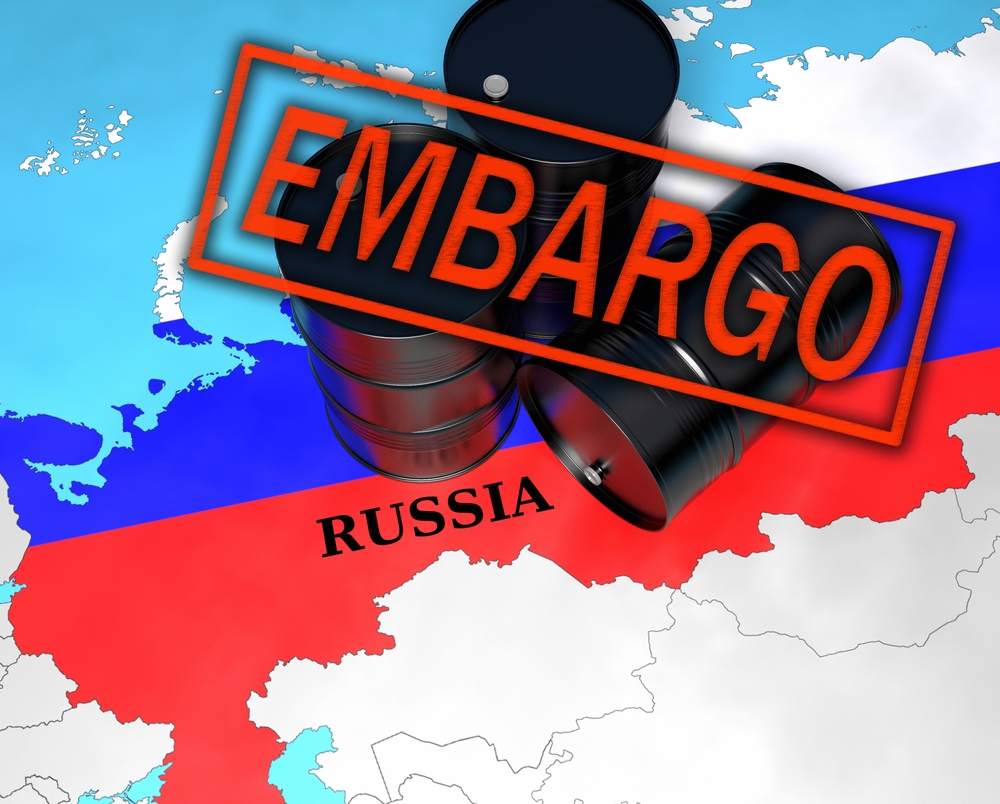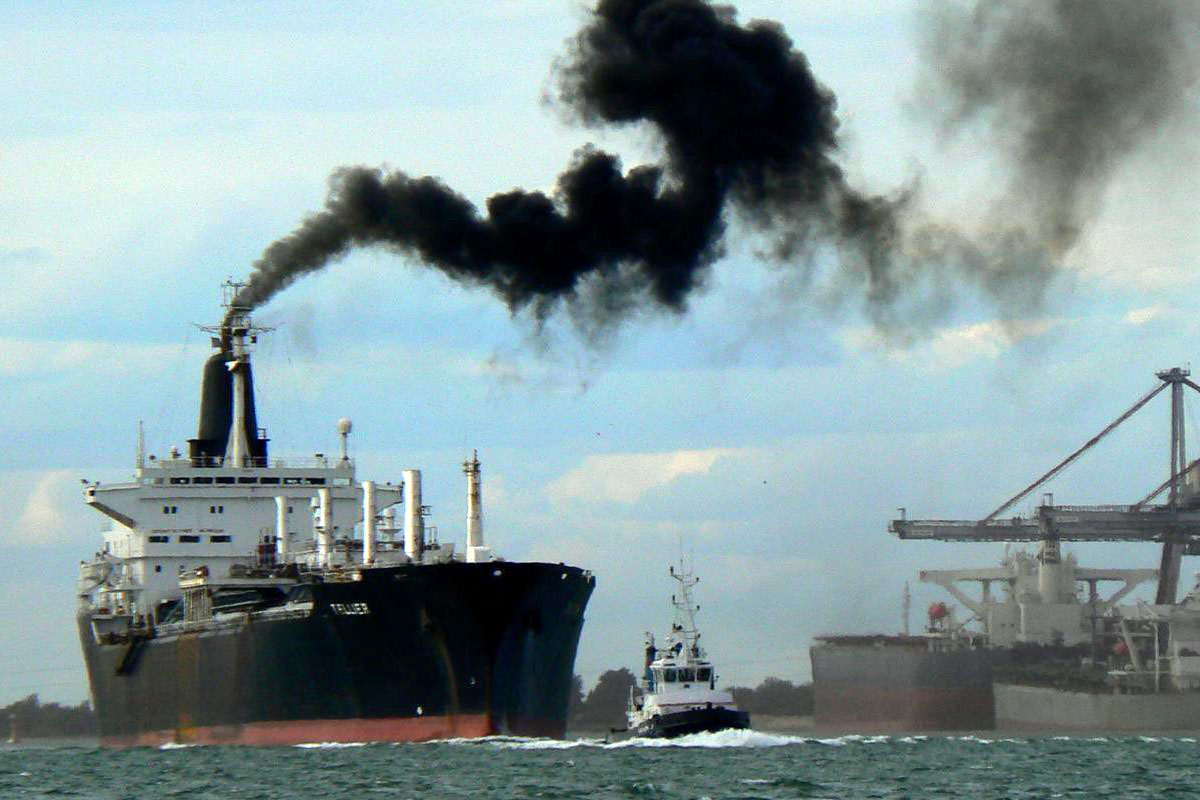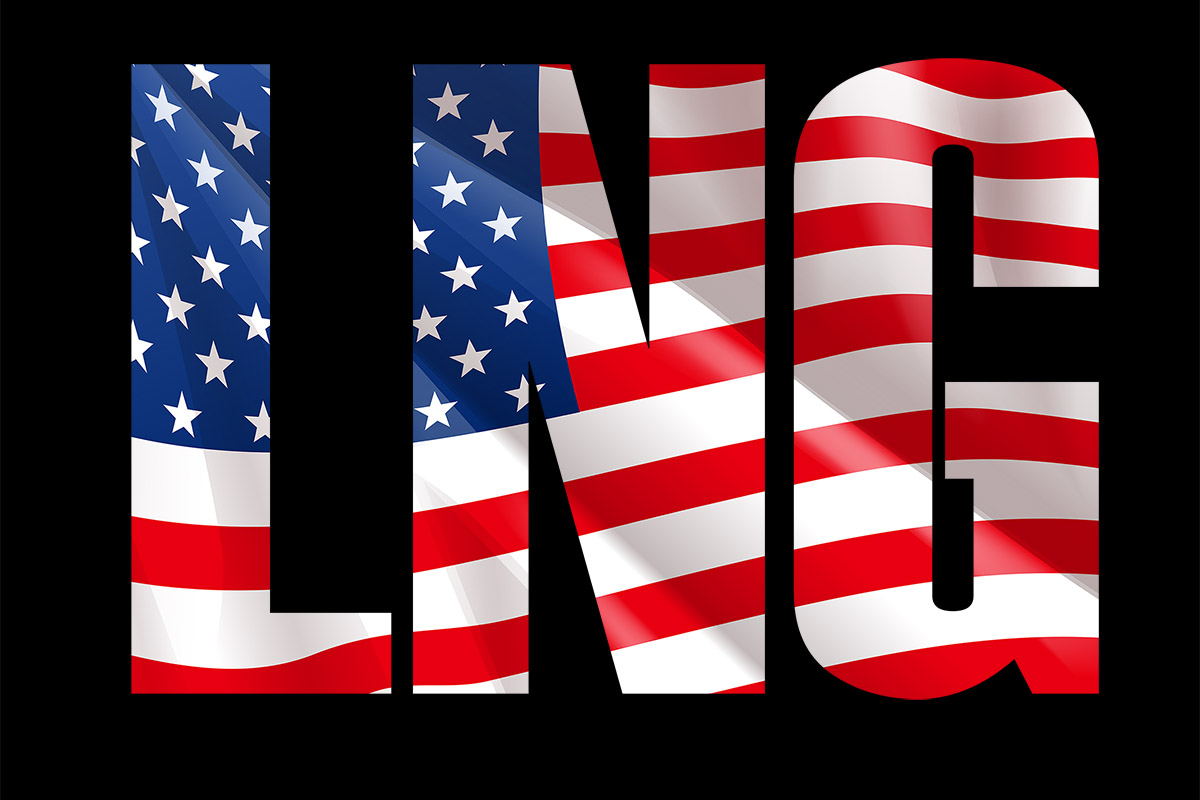Piotr Müller on embargo on Russian oil products: we are well prepared for it
For many years we have been reducing the share of Russian oil in the total share of oil imported from other countries. Now the embargo does not surprise us in any way. In Poland we are well prepared for it,” assessed government spokesman Piotr Müller in Slupsk on Monday.
During a press conference in Slupsk on Monday, government spokesman Piotr Müller was asked whether Poland had prepared well for the EU embargo on Russian oil products and whether its introduction would upset fuel prices at the country’s filling stations.
– We have been preparing for the issue of diversification of oil supplies from other directions for many years. This is not an action that was only taken after the war (in Ukraine),” Müller stressed.
He pointed out that one of the goals of the Law and Justice party was to become independent from the Russian direction in terms of gas supplies and in terms of oil supplies after winning the elections.
– We knew that in the future Russia could use precisely these energy channels to blackmail Poland and the area of Central and Eastern Europe. For many years we have been reducing the share of Russian oil in the total share of oil imported from other countries. The merger of Orlen and Lotos also served this purpose. (…) This has been successful,” said the government spokesman.
– Now the embargo does not surprise us in any way. (…) In Poland we are well prepared for this (embargo). Orlen knew that this would happen and had prepared much earlier,” Müller assessed.
He added that Poland supported the EU’s solutions when it came to restrictions on imports from Russia, “because we know that every step limiting financial supplies to Russia makes it possible to end the war sooner.”
On 5 February this year, the European Union embargo on oil products, including finished fuels from Russia, came into force. The EU embargo on imports of Russian finished fuels follows the embargo on Russian oil on 5 December last year and the entry into force of the price cap agreed by the EU, G7 and Australia on Russian oil transported by sea at $60 per barrel.
Source: PortalMorski.pl




